Facebook’s Text System Acts Similar To Many Others
Text messages don’t just come from individual people anymore. You can also get them from businesses, companies, and organizations.
This is done for the sole purpose of sending a large chain of messages. It is also done in a way so messages are automated as they are sent.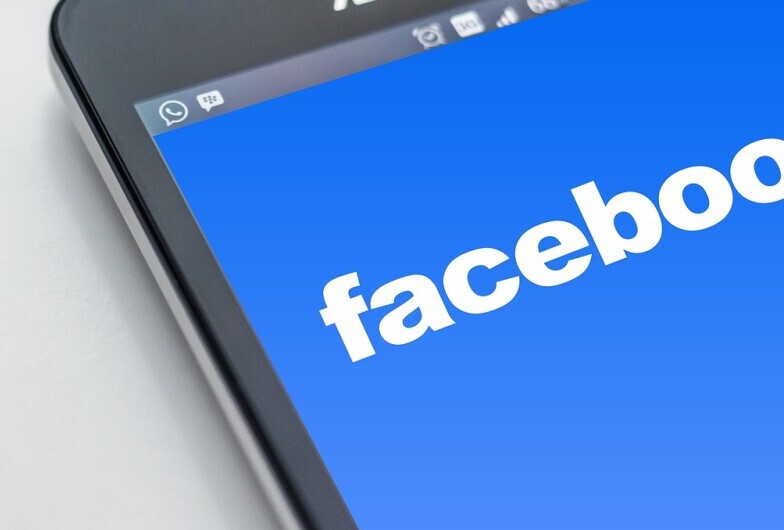 This saves many areas of operation considerable time since there are numerous ways to communicate electronically. It can also be very convenient even with the simplest of processes.
This saves many areas of operation considerable time since there are numerous ways to communicate electronically. It can also be very convenient even with the simplest of processes.
Many existing companies will often use either a five or six digit text number. Facebook is no different as it uses a six digit number.
Where Does The Number Come From?
As many people know, Facebook’s short code is 32665 (FBOOK). The U.S. Short Code Administration or CSCA is responsible for leasing short codes to businesses.
A business must first apply for a code before it can be approved. Once approved, the business will then be able to purchase the short code.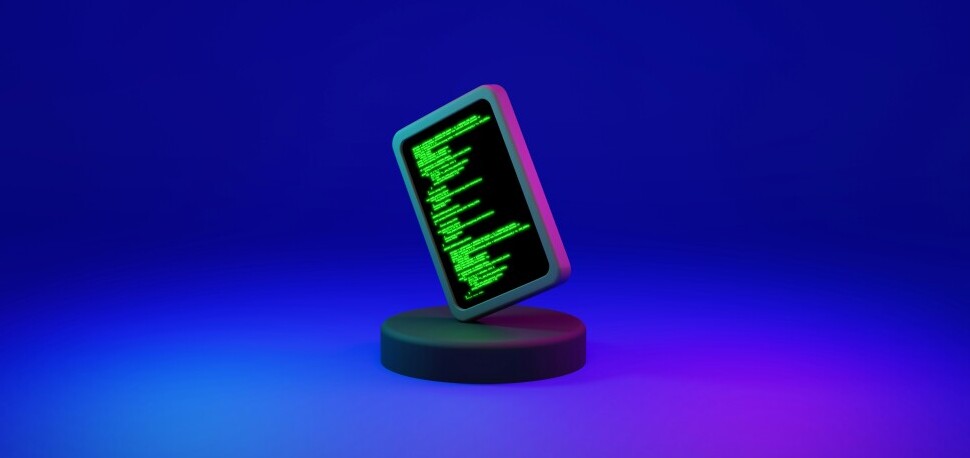 The business will have the option of choosing a specific code or a random code. Then the business will be required to follow proper steps to ensure a successful process.
The business will have the option of choosing a specific code or a random code. Then the business will be required to follow proper steps to ensure a successful process.
There is a 5 to 6 step process to properly acquiring any short code. The process typically takes weeks to complete. Once it’s obtained, the business is responsible for all costs to keep the short code.
How Often Is It Used?
Statistically, there can never always really be exact numbers. This is often true when referring to how many times on a daily, weekly, monthly, and yearly basis. Generally, it’s used daily.
However, there are breakdowns and overviews which are both reported from and provided by reputable sources. Often times, there are constant changes and updates to data.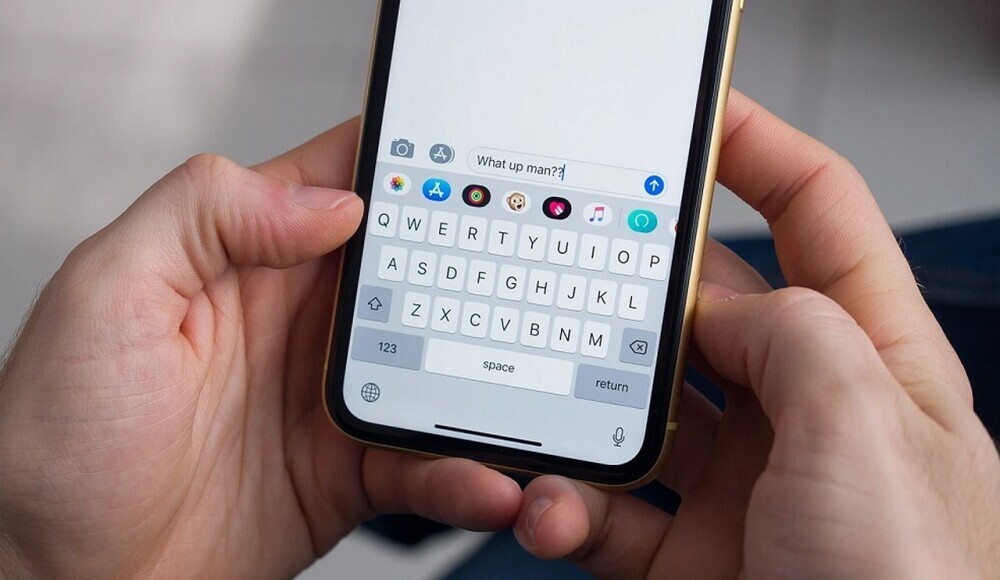 The same can be said about how many total Facebook SMS users there are. For Facebook as a whole, there is an estimated number of 3 billion users worldwide.
The same can be said about how many total Facebook SMS users there are. For Facebook as a whole, there is an estimated number of 3 billion users worldwide.
More specifically, when it comes to Facebook SMS users, there are well over 1 billion users since it stems from Facebook Messenger.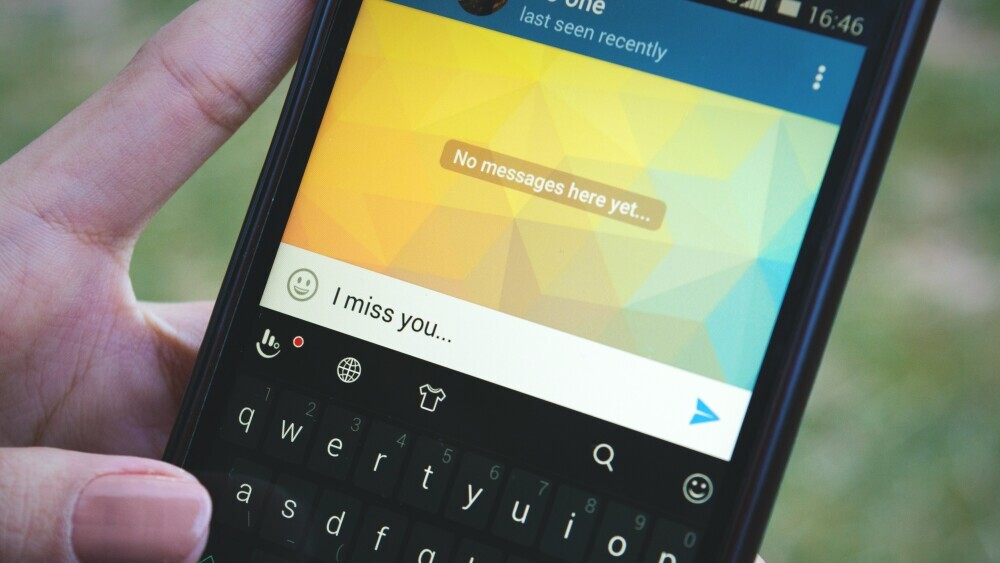 With AI, the statistical breakdowns are often instantaneous. Provided information is never always guaranteed to be exact. Instead, everything is usually determined by general estimates.
With AI, the statistical breakdowns are often instantaneous. Provided information is never always guaranteed to be exact. Instead, everything is usually determined by general estimates.
The number of users are likely to increase over time. If Facebook decides to change the name “Facebook Messenger” to something different, it may or may not alter the total number of users based on what specific changes are made.
Where Does The Data Come From?
There has been a significant push for statistics and information to be AI generated. This allows for basic and general overviews to be seen more easily.
AI can retrieve data from several sources like the general internet. Doing deeper dives to uncover even more details is common for an information seeker. More specifically, data can also come from publicly made available information sets, central company data, and content that’s been user-generated.
More specifically, data can also come from publicly made available information sets, central company data, and content that’s been user-generated.
One public data source includes government records like census data, secured and disclosed files, and data reports. Another public data source includes published material like online articles, media-based publications, blogs, discussion boards, and anything professional or academic.
Another public data source includes published material like online articles, media-based publications, blogs, discussion boards, and anything professional or academic.
According AI provided data, as many as 100 billion messages are sent through Facebook Messenger daily on a global scale making it one of the most popular messaging apps. Other factors are also counted with the inclusion of other platforms such as YouTube, TikTok, Instagram, and WhatsApp.
Other factors are also counted with the inclusion of other platforms such as YouTube, TikTok, Instagram, and WhatsApp.
As the world population increases, so will the number of digital media platform users. Data will also change and be updated.
Is Facebook SMS Worth Using?
It can still depend on the user and the aspects. Considering the amount of people who reportedly use it, many will say yes. This is often confirmed with user verification.
Passwords can become easy to forget. This is true if a user wishes to log back in to his or her Facebook account because many users may prefer to stay logged on for days or even weeks. If a user’s phone number, preferably a cell phone number, is added to their account, verification can be made easier if required. This aspect is what most people tend to agree on.
If a user’s phone number, preferably a cell phone number, is added to their account, verification can be made easier if required. This aspect is what most people tend to agree on.
Then there’s other aspects that may cause others to not entirely agree. Reasons why can easily very. One reason is that using Facebook SMS is not the same as using your Facebook profile.
If you want to update your Facebook status or write on someone else’s wall, Facebook SMS can have its glitches in that regard. You can see everything that is posted or being posted when you are using your profile or someone else’s. You can’t do that with Facebook SMS.
You can however go on your profile and see how it looks once you have used Facebook text. This can explain why some people may not like this because when you can’t see everything, you can never know entirely what’s going on at all times .
.
Another reason is that not all parts of the world have that kind of access. Although technology has evolved, there are other areas of the world that just simply don’t rely on it or are unable to afford it.
Culture, beliefs, and values are also potential reasons behind why there may be little to no access. Parts of one country may prohibit use while another country may prohibit use entirely. For areas that prohibit use, opinions can still vary among people. Some people believe it to be great while others may not care as much.
For areas that prohibit use, opinions can still vary among people. Some people believe it to be great while others may not care as much.
If you live in a place that might be under authoritarian rule, you might not be allowed to even have an opinion at all. This kind of extreme can affect those who wish for access to certain resources that they likely don’t have.
There Is Risk When It Comes To Text Codes And Passwords
Verification codes are a part of confirming a user’s identity and has become common practice. These codes can often act as the final step before allowing official access.
It’s important to remember that any verification codes or passwords you receive from Facebook are strictly meant to be for you and are to never be shared with anyone else. If shared, it can lead to exposure and vulnerability. It can also cause serious security risks. If anyone ever asks you to share or send a code, you are to never do so for any reason. Anyone who does ask is likely a scammer and/or, at the very least, does not have good intention.
It can also cause serious security risks. If anyone ever asks you to share or send a code, you are to never do so for any reason. Anyone who does ask is likely a scammer and/or, at the very least, does not have good intention.
A legitimate five or six digit business number will never ask you for a verification especially when it was the business that sent it in the first place. It’s always good to report any suspicious activity of that nature and even notify authorities when it’s necessary. It’s also best to delete any and all verification codes once they have been received and have served their purpose. Even though they can be recycled, it’s ideal for there to be little to no security breach.
It’s also best to delete any and all verification codes once they have been received and have served their purpose. Even though they can be recycled, it’s ideal for there to be little to no security breach.
Do you have any thoughts on Facebook’s SMS service? How has it been working for you? Is there anything about it you might want to be see changed or added? All are welcome to share any thoughts. Thank you for reading!
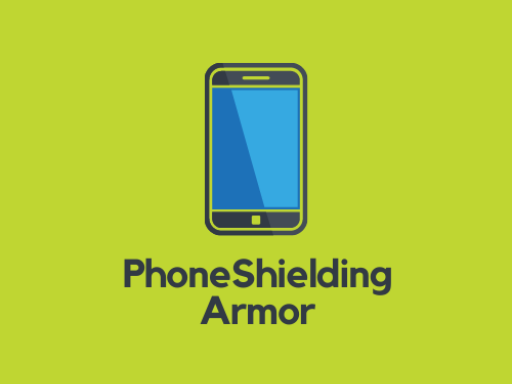
9 replies on “How Does The Facebook SMS Text Number Work?”
This is a very informative and well-researched breakdown of Facebook’s SMS text number service. You’ve covered the technical aspects, usage statistics, and potential risks in a clear and accessible way.
I appreciate the explanation of how short codes are obtained and the emphasis on the importance of not sharing verification codes. The discussion about the global reach and limitations of SMS services, particularly in areas with limited technological access or authoritarian rule, adds a valuable layer of context.
The statistical insights, particularly regarding the volume of messages sent through Facebook Messenger, are eye-opening. And your balanced perspective on the pros and cons of using Facebook SMS, acknowledging both its convenience for verification and its limitations compared to the full Facebook experience, is very helpful.
A few questions come to mind:
1. With the rise of two-factor authentication (2FA) apps and other security measures, do you see Facebook SMS verification becoming less relevant in the future?
2. How does Facebook handle potential security risks associated with SMS verification, such as SIM swapping or SMS interception, and what precautions do they recommend users take?
3. What are the legal implications of a company like Facebook using an SMS short code, especially with the ever-changing privacy laws worldwide?
Phil
Hello, Phil. The more informed you are, the better.
To answer your first question, I don’t see why Facebook would go backwards on it. With 2FA having secure steps, its relevance will continue to hold weight unless it’s been causing too many issues for other people.
To answer your second question, Facebook has numerous methods. There’s encryption, 2FA, work with security experts, and further research and development on Facebook’s part. Security can never be perfect but there’s always room for improvement.
To answer your third question, Facebook can be held liable for violating any guidelines or regulations pertaining to the short code for marketing purposes. Facebook can also face fines, suspension, termination of their code, and possible legal proceedings.
I hope this helps.
The Facebook SMS text number seems like a useful tool for enhancing communication and security, especially with the increasing reliance on mobile for account verification and notifications. It’s interesting how this method can bridge the gap between Facebook and mobile users, providing a seamless way to manage notifications. However, I wonder about the privacy implications, especially if these SMS numbers are linked to user accounts. Could this create any potential vulnerabilities, or does Facebook take enough steps to safeguard this feature? It’s important to weigh convenience against security when dealing with personal information.
Critical thinking is always a plus. It only can go but so far when we wish we could put all the pieces together. I understand the concern about potential security risks.
One thing to note is that Facebook will never call directly. As long as Facebook stays on top of the security measures being placed, there should no excuse for the platform to have an kind of breach.
There haven’t been any known reported or documented cases on any major security issues thus far. However, it can be scary if something like an inside job were to take place.
As massive as Facebook is, it’s to the upmost importance for the company to have around the clock protection and security both digitally and physically.
Facebook’s SMS text number is a convenient feature that allows users to interact with their account through simple text messages. By sending specific commands or updates to Facebook’s assigned number, you can post status updates, get notifications, or even receive security alerts without needing internet access. It’s especially useful for staying connected when you’re offline or using a basic phone.
Interesting article, thanks for sharing. I don’t have any experience with Facebook text messages, although I do seem to receive an increasing number of WhatsApp text messages from companies. Is that the same thing? I know Facebook owns WhatsApp but would I receive a Facebook text message as a normal SMS on my phone?
Hi.
The texts can potentially be the same. WhatsApp should also have its own SMS number instead of a standard phone number. If WhatsApp should send you any texts, it should be from the platform’s designated or chosen short code.
Hi there –
Facebook added SMS functionality to Messenger, making it more versatile for everyday communication. I’ve used Messenger for a while because it’s convenient for chatting with friends and family. However, it lacks the end-to-end encryption that WhatsApp provides by default. Since Facebook owns both apps, it’s uncertain whether Messenger’s security will be upgraded. Personally, I use WhatsApp daily because it feels more secure and reliable.
We all have our own preference. WhatsApp does work for many users and is often recommended. Although it’s not perfect, it’s efficient enough. Meta, which is now formally known as Facebook, will have to do its part in maintaining and improving on its SMS security for all that platforms that it owns.